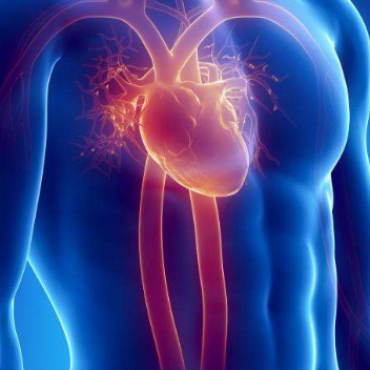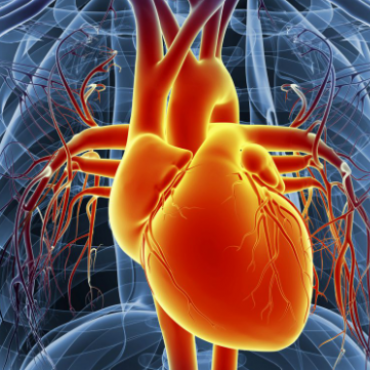While heart attack or stroke may have some genetic factors involved, you can still able to reduce the risk of developing a heart attack or stroke by adjusting your lifestyle habits.
You can do a lot by yourself to lower the risk of cardiovascular disorder, which is one the leading cause of death in the USA in both men and women. If you have diabetes, your risk of getting cardiovascular diseases increases dramatically. Make these essential changes in your lifestyle to protect your health. Although, following these steps doesn’t guarantee that will never have a heart attack, but will definitely reduce the risk.

Also Read: What Are your Odds Of A Heart Attack?
- Understand your body requirement
The best prevention is to understand the risk, complications, and treatment choice. One of the greatest risks is ignorance or misinformation. The first and foremost step is to take responsibility for your health, understand your body requirement, and stay informed.
- Know Your Risks
Age is one of the most influential risk factors for heart disease. The older you are, the greater will the risk of developing a heart issue. Genetic make-up is the next risk factor. If you have a family history of heart disease, stroke, or diabetes, your risk is much greater.
- Don’t Smoke
Smoking is the worst thing you can do to damage your heart or nearly all organs. Smoking is not safe; the risk of heart attack rises with every cigarette you smoke daily. Cigarette smoke contains nicotine and other poisonous substances that will harm your body functions. Smoking has a great impact on the body’s metabolism, and the ratio of cardiovascular disease rises dramatically. Smoking or even second-hand exposure to smoke may increase the risk of heart disease, peripheral vascular disease, stroke, and lung disease. As soon you stop smoking, you reduce the risk of these health conditions, though it takes several years to repair most of the cardiovascular damage.
- Watch for High Blood Pressure
High blood pressure is also called as hypertension. It is considered as a silent killer as it has no symptoms. A rise in the blood pressure causes wear and tear of the delicate lining of your blood vessels. If you have high blood pressure then you, are more likely to develop a heart disease. Blood pressure measurement is the simplest, cheapest and perhaps most important of all clinical tests. Even a small drop or rise in your blood pressure levels can affect your cardiovascular health, therefore it is always important to know your blood pressure and keep it under control. Eating a proper diet and regular exercise can help you keep your blood pressure under control.
- Maintain Good Cholesterol
Abnormal or high cholesterol is a major contributor to cardiovascular disease. There are two types of cholesterol namely the good one (HDL cholesterol) and the bad one (LDL cholesterol). If your LDL is higher than 130mg/dl and your HDL is lower than 40 mg/dl, then you have a great risk of getting a heart attack or a stroke. Therefore, it is necessary to follow different ways to adjust both types of cholesterol.
- Eat Well
Follow a heart-healthy diet to protect your heart. You can adopt a diet rich in fruits, vegetables, low dairy products, whole grains, and beans. The intake of soluble fiber is associated with the reduced risk of heart disease. You can have omega-3 fats that are found in oily fish. Omega 3 fats are highly beneficial for maintaining a good heart health. Also, limit intake of sugary foods and refined carbohydrates such as white bread and white pasta. If you stick to these heart-healthy foods, you could lower your odds of getting a heart attack or a stroke.
Also Read: Healthy foods for healthy heart
- Stay Active
Exercise protects your heart by helping the heart function more efficiently. Regular exercise reduces the blood pressure, maintains cholesterol levels, and helps people in maintaining a healthy body weight. One can opt brisk walking or an aerobic session of 30 minutes to reduce the risk of heart attack.



